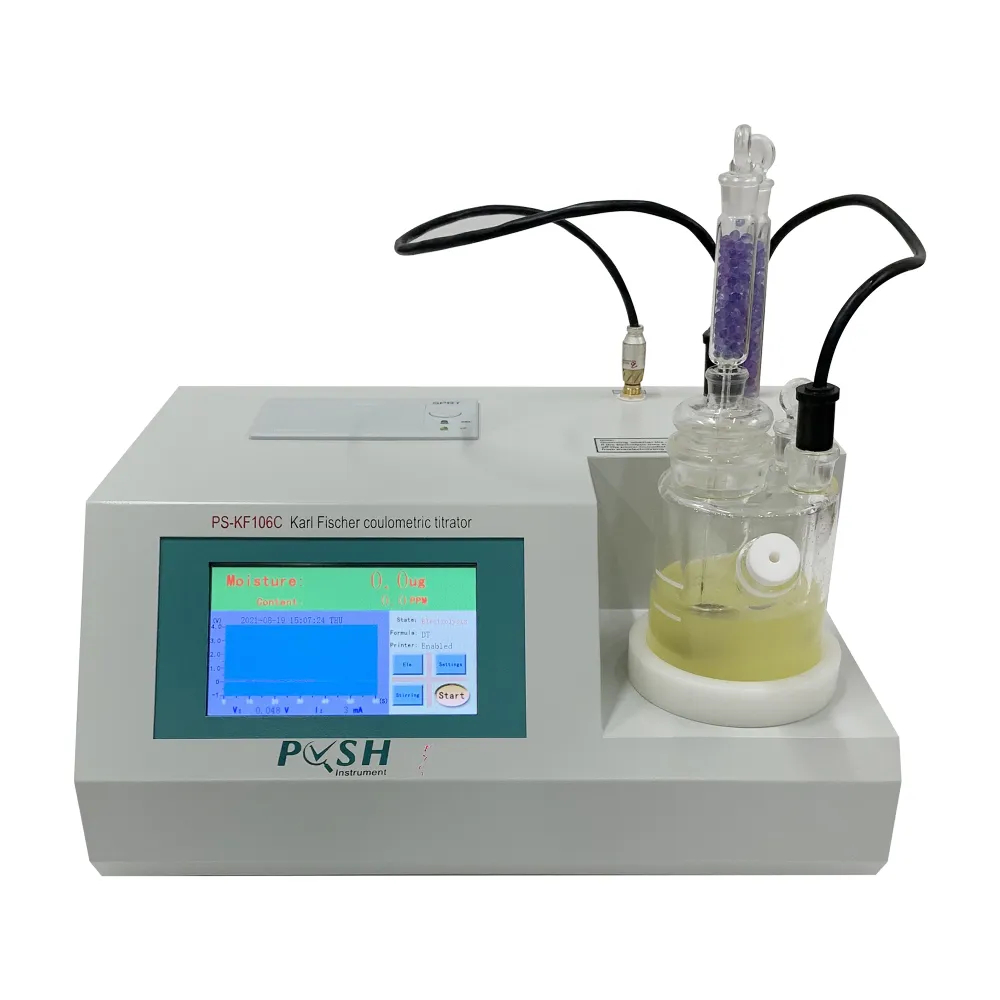 English
English



-
 Afrikaans
Afrikaans -
 Albanian
Albanian -
 Amharic
Amharic -
 Arabic
Arabic -
 Armenian
Armenian -
 Azerbaijani
Azerbaijani -
 Basque
Basque -
 Belarusian
Belarusian -
 Bengali
Bengali -
 Bosnian
Bosnian -
 Bulgarian
Bulgarian -
 Catalan
Catalan -
 Cebuano
Cebuano -
 China
China -
 China (Taiwan)
China (Taiwan) -
 Corsican
Corsican -
 Croatian
Croatian -
 Czech
Czech -
 Danish
Danish -
 Dutch
Dutch -
 English
English -
 Esperanto
Esperanto -
 Estonian
Estonian -
 Finnish
Finnish -
 French
French -
 Frisian
Frisian -
 Galician
Galician -
 Georgian
Georgian -
 German
German -
 Greek
Greek -
 Gujarati
Gujarati -
 Haitian Creole
Haitian Creole -
 hausa
hausa -
 hawaiian
hawaiian -
 Hebrew
Hebrew -
 Hindi
Hindi -
 Miao
Miao -
 Hungarian
Hungarian -
 Icelandic
Icelandic -
 igbo
igbo -
 Indonesian
Indonesian -
 irish
irish -
 Italian
Italian -
 Japanese
Japanese -
 Javanese
Javanese -
 Kannada
Kannada -
 kazakh
kazakh -
 Khmer
Khmer -
 Rwandese
Rwandese -
 Korean
Korean -
 Kurdish
Kurdish -
 Kyrgyz
Kyrgyz -
 Lao
Lao -
 Latin
Latin -
 Latvian
Latvian -
 Lithuanian
Lithuanian -
 Luxembourgish
Luxembourgish -
 Macedonian
Macedonian -
 Malgashi
Malgashi -
 Malay
Malay -
 Malayalam
Malayalam -
 Maltese
Maltese -
 Maori
Maori -
 Marathi
Marathi -
 Mongolian
Mongolian -
 Myanmar
Myanmar -
 Nepali
Nepali -
 Norwegian
Norwegian -
 Norwegian
Norwegian -
 Occitan
Occitan -
 Pashto
Pashto -
 Persian
Persian -
 Polish
Polish -
 Portuguese
Portuguese -
 Punjabi
Punjabi -
 Romanian
Romanian -
 Russian
Russian -
 Samoan
Samoan -
 Scottish Gaelic
Scottish Gaelic -
 Serbian
Serbian -
 Sesotho
Sesotho -
 Shona
Shona -
 Sindhi
Sindhi -
 Sinhala
Sinhala -
 Slovak
Slovak -
 Slovenian
Slovenian -
 Somali
Somali -
 Spanish
Spanish -
 Sundanese
Sundanese -
 Swahili
Swahili -
 Swedish
Swedish -
 Tagalog
Tagalog -
 Tajik
Tajik -
 Tamil
Tamil -
 Tatar
Tatar -
 Telugu
Telugu -
 Thai
Thai -
 Turkish
Turkish -
 Turkmen
Turkmen -
 Ukrainian
Ukrainian -
 Urdu
Urdu -
 Uighur
Uighur -
 Uzbek
Uzbek -
 Vietnamese
Vietnamese -
 Welsh
Welsh -
 Bantu
Bantu -
 Yiddish
Yiddish -
 Yoruba
Yoruba -
 Zulu
Zulu
Understanding the Principles and Applications of Standard Rotational Viscometers in Fluid Measurement
The standard rotational viscometer is an essential instrument widely used in laboratories and industries to measure the viscosity of various fluids. Viscosity, a fundamental property of fluids, describes their resistance to flow and deformation. This measurement is crucial for understanding material behavior under different conditions and for quality control in manufacturing processes.
The design of a standard rotational viscometer typically involves a motor-driven spindle that rotates at a constant speed within the fluid. The resistance encountered by the spindle as it moves through the fluid is measured, providing a direct correlation to the fluid's viscosity. The viscometer is equipped with a dial or digital display that shows the torque applied to the spindle, which is proportional to the viscosity of the tested fluid. Different spindle sizes and shapes may be used to accommodate various viscosity ranges and product types.
One of the main advantages of using a rotational viscometer is its versatility. It can measure a wide range of fluids, from low-viscosity liquids like water and oils to high-viscosity materials such as gels, syrups, and pastes. Additionally, the viscometer can operate under controlled temperature conditions, which is vital since viscosity is temperature-dependent. Many modern models support temperature control systems to ensure accurate results.
standard rotational viscometer

The applications of standard rotational viscometers are vast. In the food industry, they are employed to assess the consistency of sauces and dressings, ensuring uniformity and quality. In the paint and coatings sector, viscometers help determine the flow properties of products, which influences their application and performance. Similarly, the pharmaceutical industry utilizes these devices to ensure that liquid formulations and suspensions meet specific viscosity standards for optimal delivery and effectiveness.
Calibration and maintenance of the viscometer are crucial for accurate measurements. Regular calibration against standard fluids with known viscosities helps ensure the reliability of the results. Moreover, the instrument should be cleaned thoroughly between tests to prevent cross-contamination, which could lead to erroneous readings.
In summary, the standard rotational viscometer is an indispensable tool for scientists and engineers involved in fluid mechanics and material science. Its ability to provide precise viscosity measurements plays a critical role in research and quality control across various industries. As technology advances, we can expect enhancements in the capabilities of viscometers, further improving their accuracy and ease of use, thus making them even more integral to modern fluid analysis.
-
Exploring the Main Types of Industrial Endoscopes and Their Applications Across IndustriesNewsJul.04,2025
-
Testing Equipment Industry Sees Major Advancements in 2025: Smart & Precision Technologies Lead the WayNewsJun.06,2025
-
Applications of Direct Current Generators in Renewable Energy SystemsNewsJun.05,2025
-
Hipot Tester Calibration and Accuracy GuidelinesNewsJun.05,2025
-
Digital Circuit Breaker Analyzer Features and BenefitsNewsJun.05,2025
-
Benefits of Real-Time Power Quality Monitoring Devices for Industrial EfficiencyNewsJun.05,2025



